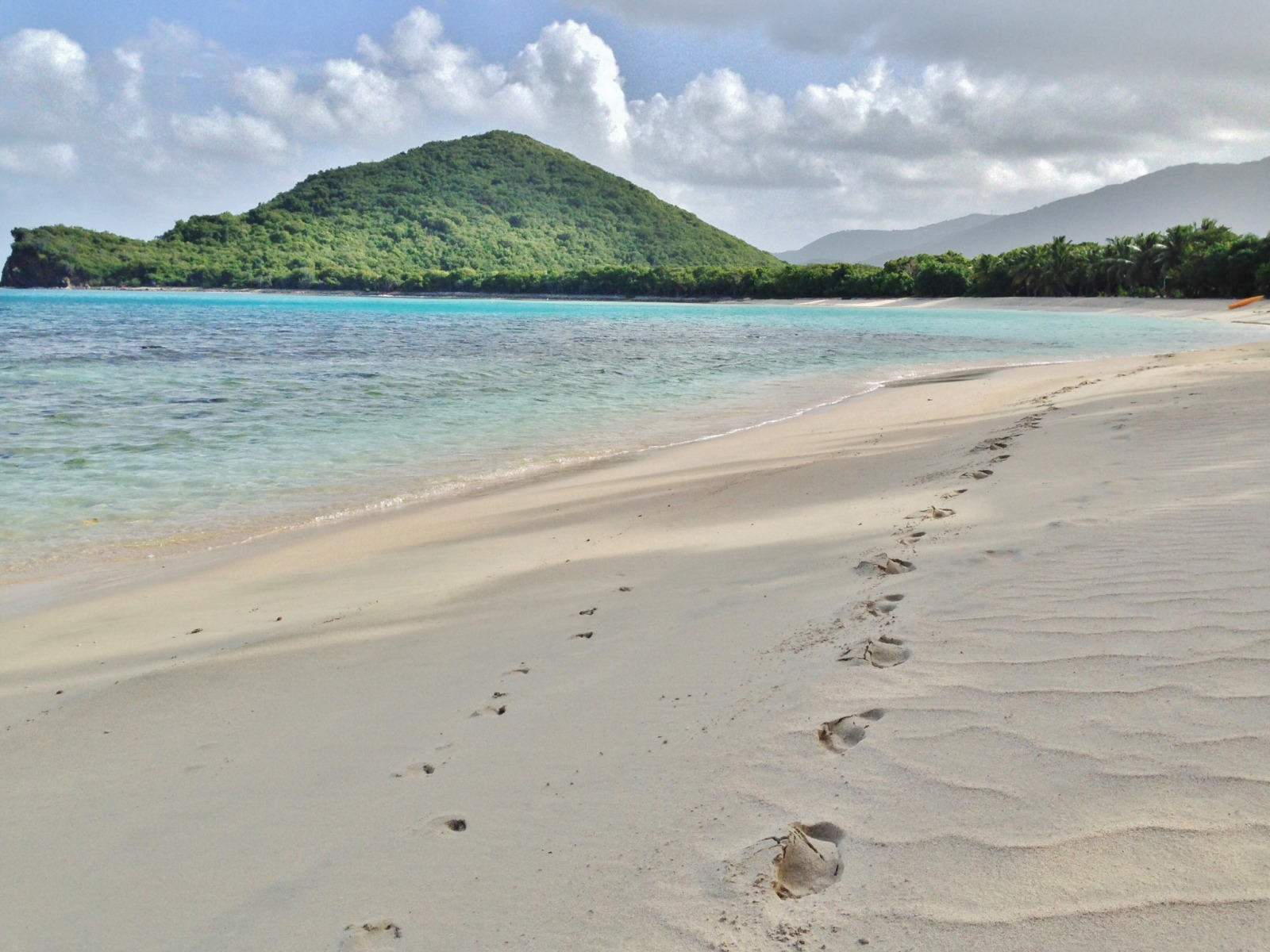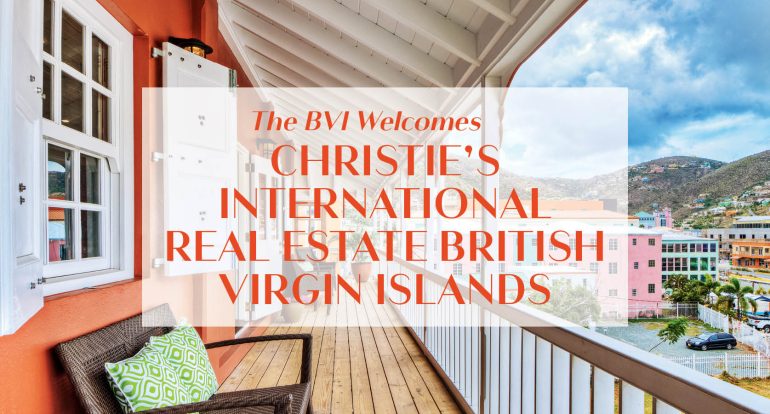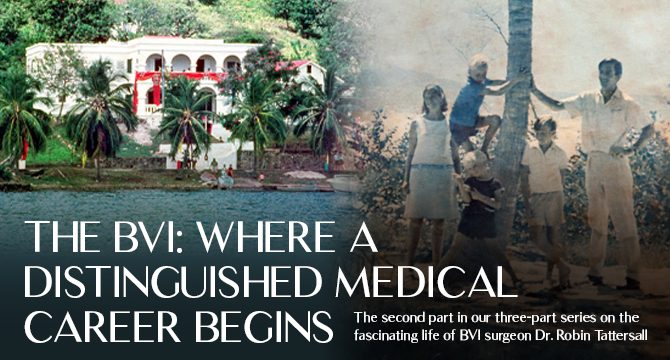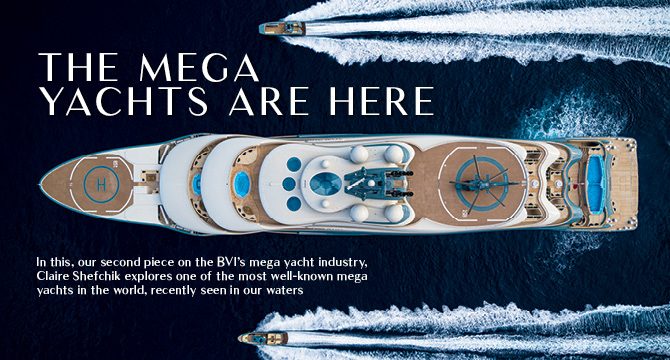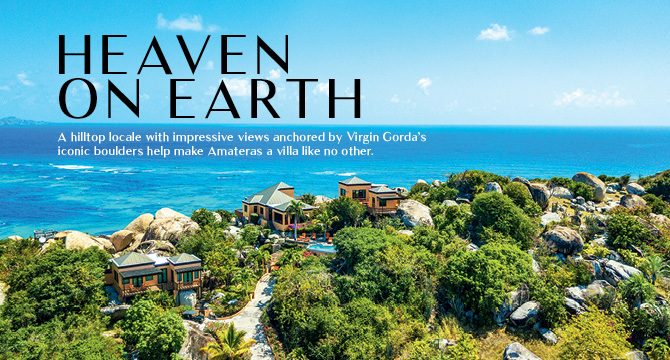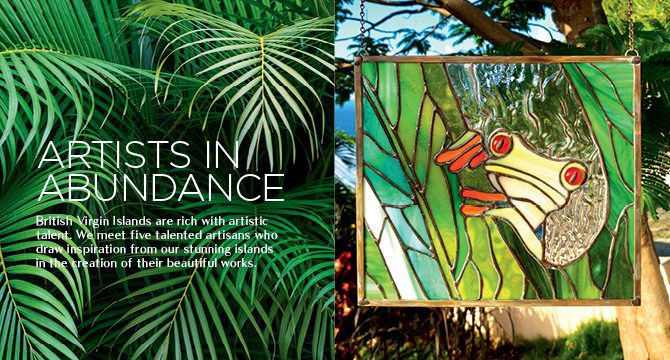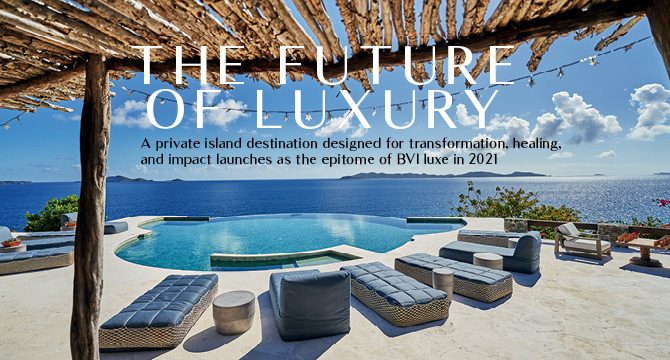. . . and plastic never goes away. When a plastic shovel gets left on the beach or a plastic water bottle goes astray, it breaks down over time into smaller and smaller pieces called microplastics.
These microplastics are now found in every nook, cranny and body of water on earth. Scientists have seen microplastics everywhere they’ve looked: in deep oceans; in Arctic snow and Antarctic ice; in shellfish, table salt, drinking water and beer; and drifting in the air or falling with rain over mountains, cities and islands. They come from the convenient plastic products that are such a big part of our lives. Current estimates suggest we ingest five grams of microplastics per week—the equivalent of the weight of a credit card.
Fragile island states such as the BVI are feeling the effects of microplastics and other plastic pollution. Researchers recently found a tiny Hawksbill turtle hatchling that had ingested 42 pieces of plastic. In April, BVI’s Association of Reef Keepers and Beyond the Reef rescued turtles and a whale from ensnarement in plastic debris. Sadly, clean ups on beaches yield large amounts of plastic and plastic litter among the mangroves is common.

Leave only your footprints.
The world has a plastic pollution crisis, and the beautiful BVI is in no way excluded. Since 1950, humans have produced more than eight billion tons of plastic and continue to make plastic at a rate of nearly 400 million tons annually. More than half goes straight to landfills, only about 10% is recycled and up to 13 million tons enter the ocean—every year.
What’s in a Gyre?
The Great Pacific Gyre is three times the size of France. These dense, swirling masses of plastics, now floating in five oceans and the Caribbean Sea, are an accumulation of things such as toothbrushes, plastic bottles, cell phones, toys, and food containers, which represent the vast array of plastic in our lives. Plastic is versatile, cheap, convenient and, tragically, it’s everywhere.
What’s the BVI Doing?
Green VI, local environmental non-profit, works in partnership with the BVI Government and in collaboration with the community to help lessen the threat of plastic pollution through the WE RECYCLE programme, Green Certification and the BVI Solid Waste Strategy.
WE RECYCLE

Collection Bins are locally designed and built from plastic waste upcycled into Polywood on Tortola
Begun in 2017, WE RECYCLE collects plastic, glass and aluminum cans and processes these materials with the aim of using as much as possible on-island. The
programme now has 46 community collection bins sited across the Territory, and oversees the operation of two recycling facilities, one on Tortola, one on Virgin Gorda.
WE RECYCLE has processed over four million plastic bottles to date and approximately 108 tons of plastics. PET plastic drink bottles are exported to North America, where they’re made into new bottles. VI Plastics, a Tortola social enterprise, uses four of the seven types of plastics collected to make Polywood planks for outdoor furniture and other utility products, such as WE RECYCLE Bins. Additional methods to reuse/upcycle as much plastic on-island as possible are being developed, with the reduction of plastics paramount.
Green certification and more
Business partners are critical to the long-term success of plastic reduction. Green VI’s Certification programme helps companies “go green” and earn Green Leadership status. In addition, a Green Fund provides support for outreach education in schools, communities and government departments and helps open pathways for entrepreneurs to develop products/enterprises involving materials management.
BVI solid waste strategy
The aim of the strategy is to implement best practices in materials management for all BVI waste streams and create employment and business opportunities along the way. The comprehensive plan includes recycling, upcycling and composting to divert waste from the incinerator and open burning, banning single-use plastics and supporting eco-alternatives, promoting alternative energy and introducing long-term funding mechanisms, such as a container deposit system. It will also enhance public/private collaboration by making the Department of Waste Management a statutory body. Currently in the final stages of approval, this territory-wide government Strategy is based on a “7Rs” approach of “Rethink, Reduce, Reuse, Recycle, Reform, Restrict, Return.”
4Rs for family and friends
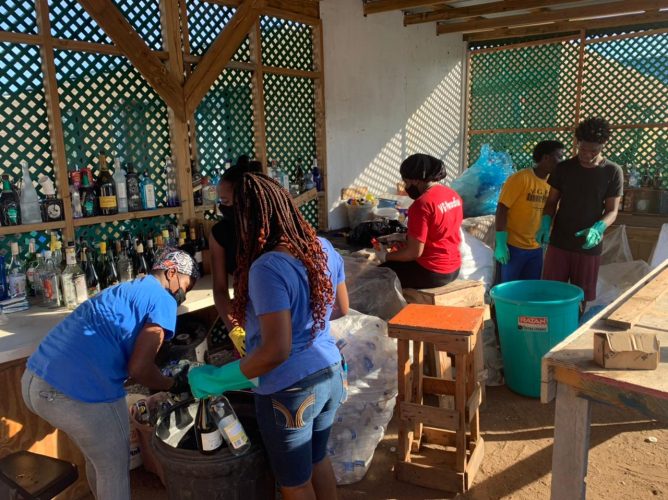
Virgin Gorda youth earn Community Hours while learning how to solve plastic problems at the Recycling Centre.
Whether you enjoy the privilege of living amid our precious isles, or are one of our welcome visitors, here’s how you can help reduce plastic pollution:
Rethink: start where you are, use what you have, do what you can
By far, the biggest gains in combating plastic pollution will come from eliminating plastics that are used only once and discarded. As Green VI director, Charlotte McDevitt, points out, “We produce plastic that lasts for 500 years, contributing to the climate crisis in the process, and then we use the plastic for 20 minutes; a completely unsustainable way of being.” Plastic can be replaced by other materials, reused, recycled, upcycled and carefully disposed of. Think about it. Make the change.

Glass water bottles and reusable cups make a winning combination. Our biggest gains will be from eliminating plastics used only once.
Reduce: care more/use less
- Stop using single-use plastic bottles and bags
- Install your own water dispenser or filtration system
- Buy only what you actually need
- Buy products with less plastic packaging
- Buy cotton, silk and linen clothing; not synthetics
- Ask for eco-friendly food containers and keep asking
- Support local farmers/decrease packaging (Natures Way app)
- Buy local and support green businesses (see greenvi.org)
- Pick up plastic litter. Mosquitoes breed in it and spread disease.
Reuse: think before you toss it out
- BYO (bring your own) reusable water bottles, bags, food containers and cutlery for beach picnics, work and school
- Plastic containers can store leftovers, compost, bits and bobs
- Bubble wrap and other packaging is very reusable.
Recycle: and encourage others to recycle
- Clean and separate your plastic, glass and aluminium cans and deposit them in collection bins
- Keep everything you can out of the dumpsite/incinerator
- Go to greenvi.org for more recycling tips or download the app or the BVI Now App for updates on what/where to recycle.
Want to jump in?
Reach out to Green VI at [email protected] or 346 4040 to get involved in clean ups, site visits, composting, green events, school gardens and more. There’s a lot going on!
Hot tip: “Microplastic Madness,”
